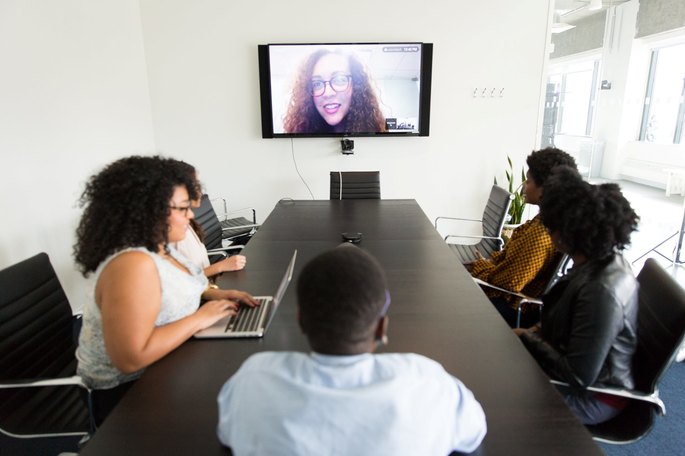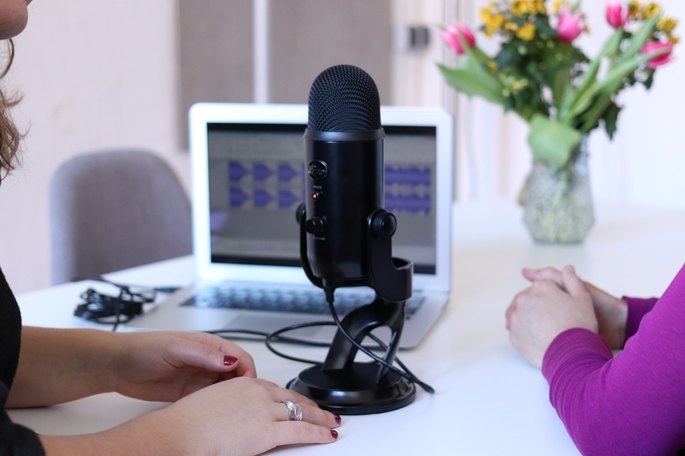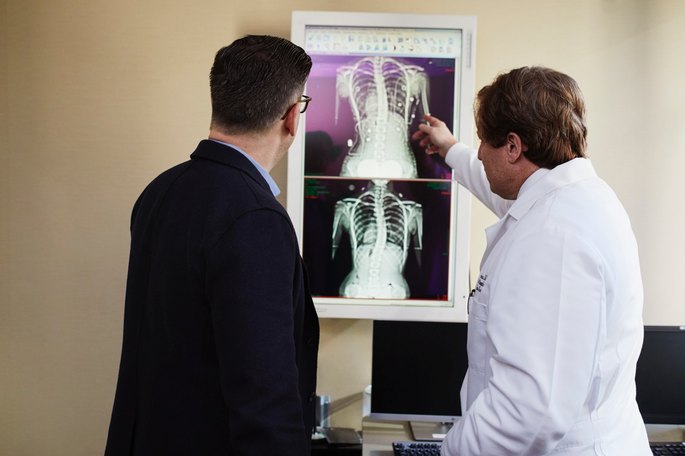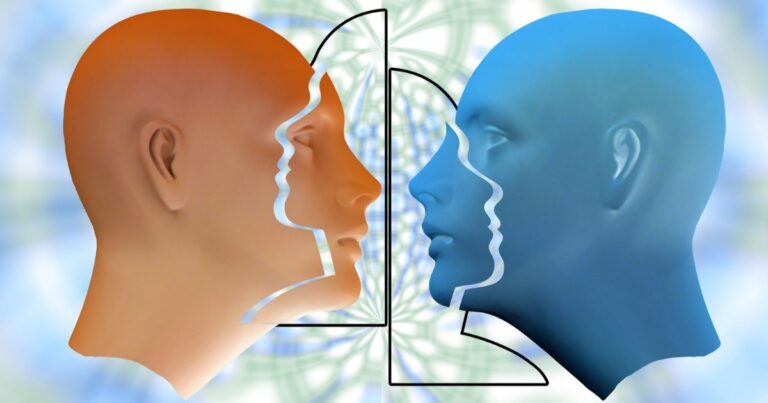There are several types of interview that are classified, among other things, by the setting in which they are applied. The parameters of a job interview, for example, seek different objectives than those of a journalistic or psychological interview.
An interview can be defined as a resource for gathering information through questions. The type and number of questions will vary according to the interview and the type of data to be obtained.
These are some types of interviews and their most relevant characteristics.
Types of job interviews

There are several methodologies to apply in a job selection process. These are the most common types of job interviews:
Interview according to technique
Depending on the technique used in the round of questions, job interviews can be free-form, structured, semi-structured or critical index interviews.
Free-form interview
The objective of this type of job interview is to allow the candidate to express him/herself openly; in this way the recruiter can get to know relevant aspects of his/her personality or way of thinking.
Structured interview
This is a type of interview in which the questions have been prepared in advance. Generally, it is a questionnaire that is applied generically to all candidates.
Semi-structured interview
The semi-structured job interview, or mixed interview, combines the questions of a structured interview with open-ended questions that allow you to learn about other key aspects of the candidate, such as family history or personal anecdotes.
Critical incident interview
This is an interview in which the candidate’s work experience is thoroughly analyzed. Therefore, it is common to be asked about specific facts, such as the personal and professional resources used to achieve a certain objective, or how a critical situation was resolved.
Interview according to the number of participants
Individual interview
This is an interview that is conducted in a 1/1 format, i.e., one interviewer and one candidate. It is the most common type of job interview.
Expert panel interview
The candidate must answer questions from a panel of interviewers who are usually part of different areas of the company (human resources, finance, the department in which the vacancy is available, etc.).
Linked Interviews
The job candidate must go through a series of interviews with different recruiters. In many cases this can be a process that takes weeks or months while the next interviewer is being interviewed.
Interviews according to the environment
Facilitator interview
As the name implies, the objective of this interview is to create a relaxed environment for the candidate. Generally, it is a private space, free from external noise and distractions. In addition, the recruiter usually emphasizes the relaxed nature of the meeting and may label it as a “conversation”.
Stress interview
In this case, the interview is conducted in a very rigid environment. The recruiter tests the candidate by creating an uncomfortable environment that triggers an emotional response. The objective of this type of interview is to determine the interviewee’s levels of self-control and stress management.
Because of its characteristics, it is not a common type of job interview, except in cases of job searches for emotionally demanding positions, such as high profile management or positions that involve taking responsibility for large business operations or the lives of others (such as sales manager, air traffic controller, etc.).
Interviews by medium used

Face-to-face interview
It is one that is carried out in a specific physical space, which is usually located in the company’s facilities.
Telephone interview
The interview is done over the phone, usually to confirm some basic information, and then schedule a face-to-face interview.
Online interview
It is a very popular type of interview nowadays, because it allows combining the immediacy of video calls with the convenience that represents for the candidate not having to travel to the company. It is a common modality for interviewing candidates for remote positions, so distance is not usually a limitation in this case.
Types of journalistic interviews
In the journalistic field, interviews can be:
Personality interview

It is a type of interview written in the form of a narrative in which the interviewee’s answers are combined with anecdotal data about the moment of the conversation (way of dressing, speaking, situations that occurred at the moment, attitude, etc.).
Biographical interview
In this type of interview, questions and answers are combined, also showing different sides of the interviewee that allow a more complete view not only about his or her career, but also about his or her interests and personal history.
Opinion interview
The purpose of this type of interview is to consult a person (usually prominent in a particular field) on an aspect of public interest.
Topical interview
It is the consultation of a person or group of people about a news item or current issue. The interviewee or group of interviewees may be specialists in the topic, witnesses to a news event, or an unknown person who is or could be affected by the topic in question.
Types of psychological interviews
Psychological interviews can be classified into four types:
Initial interview
This is the first conversation between psychologist and patient within the therapeutic care setting. The objective is for the therapist to obtain essential data from the patient, while the patient explains the reason for the consultation.
Complementary interview
It is a collection of data that, although not closely related to the reason for consultation, can help the psychologist to obtain valuable information for treatment.
Return interview
The psychologist responds to the patient’s concerns, while describing the type and characteristics of the treatment to be performed.
Discharge interview
When the therapeutic process has been completed, the psychologist must conduct a final interview to formally terminate the treatment. This is the last meeting between the psychologist and the patient.
Clinical interview

It is the conversation that is established between physician and patient. It has three stages:
- ContactContact: this is the first meeting between doctor and patient. The health professional should try to make the patient feel at ease and, at the same time, should collect clinical data of interest to structure the medical history and have enough elements to make a diagnosis.
- DevelopmentIn this phase, the potential problem is addressed, the relevant diagnosis is made and the necessary measures are taken to confirm or treat it (blood tests, ultrasound, medication, etc.).
- ClosingThe interview concludes with an appointment for a future consultation (if necessary) and the patient can present his or her doubts so that the physician can clarify them.
See also Difference between questionnaire and survey.




